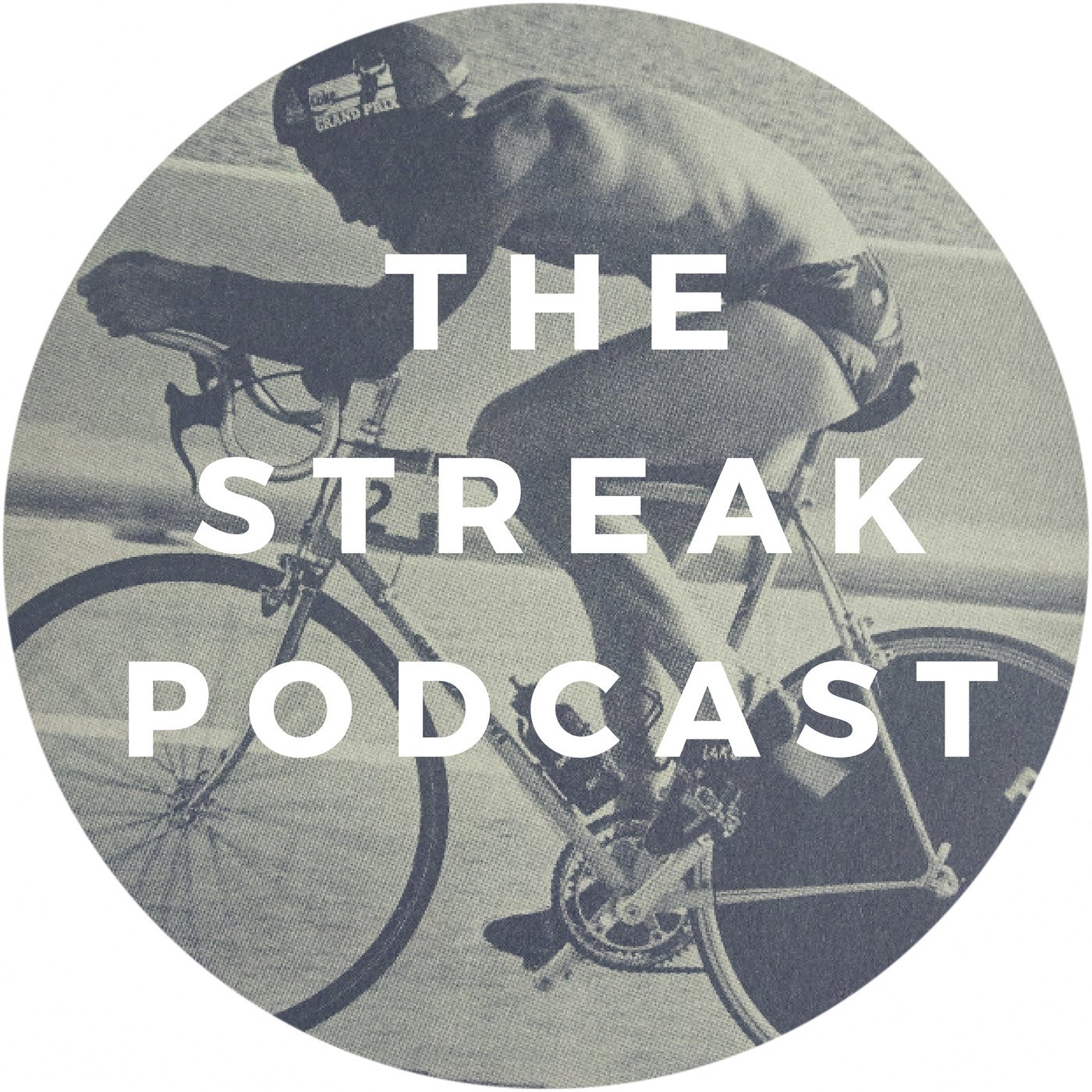Rick Wells Visits Your School
This is exactly what I wanted to happen after reading this article in Tri-Athlete (UK) in 1988. To replace my piss-poor PE teacher for a day.
I’m not sure if the French version was a direct translation of what I first read. But I’ve got a free period. So here goes. Note. There are few lines in there that are of it’s time. Maybe. Don’t cancel me.
Education and Promotion in New Zealand: Break-Time For Wells!
Making triathlon a sport for all is maybe the near-impossible goal of all the European and american federations. But in New Zealand they’ve done it.
Around Auckland triple-fitness enjoys an unexpected popularity. Nobody is surprised to see a group of cyclists training on Scott DH bars. And even the elite athletes take part in a few low-key local races every year.
The trendy people go to parties in finisher’s t-shirts. And try not to be embarrassed when asked if they wear a wetsuit when the water is below 20°c? Or. Is riding a fixed-gear bike is essential for winter training?
Images: Tri-Athlete (FR) Juin 1988
The secret of this popularity is the tight collaboration between sponsors and the media. Nearly everyday TV shows commercials with Rick Wells promoting cereal bars or a brand of beer. In New Zealand all the breweries get involved in sport sponsorship. Add to that, in the last few years a major international triathlon has been professionally organised. Publicity for the event includes poster campaigns in downtown Auckland and mobile billboards. As well as an hour of prime-time TV coverage.
Triathlon in New Zealand also has two exceptional representatives. Erin Baker and Richard Wells. Who can be thanked in large part for the success of the sport in their country. Wells is a role-model for many young people. Of an unknown athlete. Getting involved late in the sport. But who needs only three years to become world champion. A title he won on enemy territory in Perth in January 1987. This made him a national hero, worthy of extraordinary amounts of publicity. Baker received the same honours after her victory at the Hawaii Ironman in October 1987.
However, the Kiwis are not just relying on their current talent. They’re already preparing the future. With policies based on developing the amateur side of the sport and working juniors triathletes.
Woah! Did you see the world champion?
At 09:25 in the morning in the New Zealand countryside. At an abandoned crossroads a single building is at the centre of a large courtyard. Old pieces of sports equipment lean against the walls. Appearing to hold them up. You need a good imagination to guess that a school is behind the ruins.
At 09:30 about 20 children rush shouting from the classroom and play for a few minutes. Until their teacher brings back some order. She has an old-school teacher look. Hair in a bun. Round glasses. Stern face.
On her signal all the kids sit on a bench in height order. From the oldest. Teenie, age 13. To the youngest. Benjamin, only 2 years old. All the children attend the same school. The youngest are barefoot and the oldest wear gym shoes and t-shirts with the face of Madonna on.
Today is a different type of day. A big day. The man getting his bike out of his car and putting it together expertly is a hero around here.
Richard Wells, triathlon world champion, approaches the group smiling and greats them with a playful “Hi!”.
“Wow! it’s really him. I can’t believe it!” the young girls exclaim together. As one of the younger students asks the teacher if it’s really the guy from the posters. You never know.
Rick’s on a mission. To introduce his sport to schools around the country. Although in villages even more rural than this one there’s a growing enthusiasm for the sport. The absence of initiatives, facilities and equipment make taking part triathlon difficult.
Wells is trying to solve the problem by instilling the basics. In all of the four schools that he visited today, the programme is nearly the same.
He starts by introducing himself. An eternal moment for the young girls who shoot him with loving glances. The boys don’t show much interest in Rick’s career. They’re more into his bike. How do you hold the Scott DH bars? Why is that position so aerodynamic? Rick explains but hardly anybody is listening. Most of the children are picking their nose.
Then. Why do you need so many gears? It appears that the class has preapared for Rick’s visit by working on their questions in advance. And will no doubt form the contents of their next essay.
Over the next 20 minutes the ice is slowly broken until none of them hesitate to try holding the bars, sit on the saddle or squeeze the tyres of Rick’s bike. A big kid even slaps Rick on the back and congratulates him.
A young girl is particularly interested in his cycling shoes and clipless pedals. She clips them in. Unclips them. And then disappears with one of the shoes. Here, like everywhere else such a trophy is priceless.
Rick’s irresistable charm has definitely created a relaxed atmosphere. And the children collapse laughing when he explains how he saves time by urinating in his shorts. Or when he explains the technique of sucking like a baby on a bike bottle while cycling.
These simple school visits establish a contact between the champion and his fans. The children discover the human side of the sport and it’s secrets. With this information, they too could one day become kings of triathlon.



